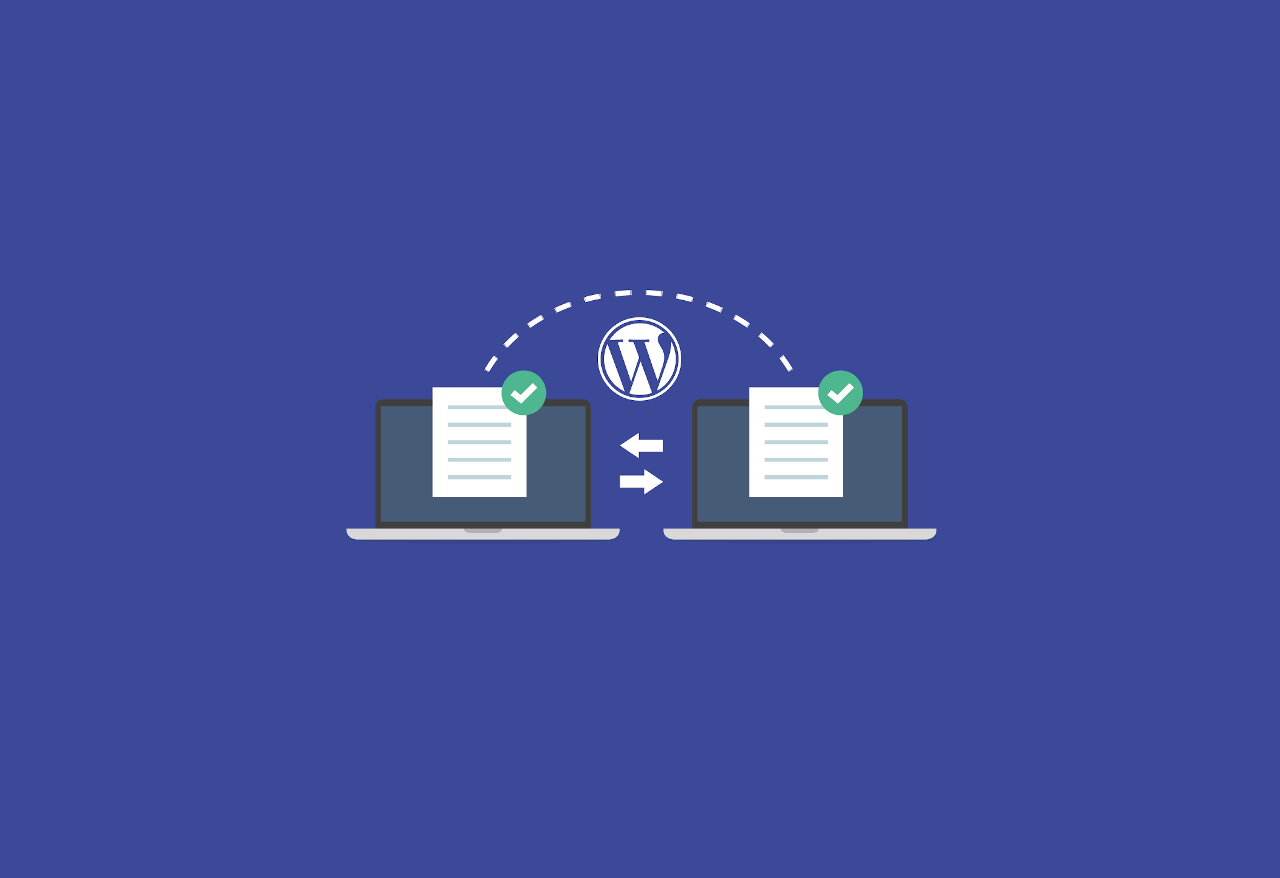WordPress page migration, but how?
Almost every website owner has already faced the situation of having to move their site. There are two ways to migrate a WordPress page. We will present these.
What is WordPress?
WordPress is one of the most famous website creation systems in the world. It is actually a content manager platform which allows you to flexibly create, modify and maintain websites. With lots of useful extensions everything from simple pages to business websites, blogs to web stores can be created with it.
Migration, or how can I migrate my WordPress site?
In the case of a web page built with Wordpress this can be done in two basic ways: manually or with an extension. Manual migration is recommended for advanced users only. First of all, you should make a fresh backup of the storage because if you have any problems during the migration you can restore the working configuration from it.
Manual migration
We will need two things: the WordPress folder and the database it uses. Exporting the storage depends on the software because there are many different interfaces you can choose from (for example: Cpanel or Plesk).
Where can I find the files I need to export?
Most of the time, the files in the storage can be accessed via FTP, but there are hosting providers that have a unique and graphical file manager environment.
WordPress works from the directory you specify in the hosting for that particular domain (for example: /var/www/weboldalunk), or if that is the main domain it is typically the public_html or some public directory where you find the WordPress files and directories. Download them from the old storage and upload them to the new storage.
How do I save the database?
First, we need to connect to the MySQL database provided by the host. This can be done with phpMyAdmin (if offered by the service provider) or with any database client (for example: HeidiSQL). Then we need to export an SQL from the database used by WordPress that we will import into the new database.
Modifying the configuration file
The settings are in the wp-config.php file in the installation directory. Here you can see the name of the database you want to export. In the case of a database with a completely new name (and password) it is also necessary to rewrite the database data in the config file.
If our website is moved to a completely new domain (for example: example.com -> example.hu), it is also necessary to rewrite the URL in the configuration file. This is important because for example, if you want to move the page from your own test environment, the protocol, domain, and content address in the URL can also change.
Migration with an extension
It is important that a new WordPress installation is prepared on the new repository and that the specific extension that you are using for migration is also installed. There are extensions that we can use to move the content of our site, regardless of the design behind the site. WordPress provides users with a wide range of migration plugins, here are a couple of examples:
Possible failures during migration
Depending on the complexity of the particular Wordpress page, there may be various problems, small or large during the migration of which we will now list a few.
- Failing to change the
wp-config.phpsettings can be a problem in several places when starting a new system. The most common is that we do not modify the database contact information based on the new hosting database contact information and therefore the content of our site is not appearing. - If a data connection is established the line of information to be checked is still not over because one of the features of WordPress is that it saves the availability of individual content (URL) in its database, which already contains the domain name, so it is necessary to replace it correctly. One of the tools for this is WP-CLI, which includes many useful administration features, thus significantly reducing the time spent migrating your system.
- It is also worth noting that some paid extensions link the validity of your license to a domain so we always check its license status before migrating to ensure that the lack of permission does not interfere with the operation of the site.
If you might get stuck moving your WordPress page, feel free to contact us!


